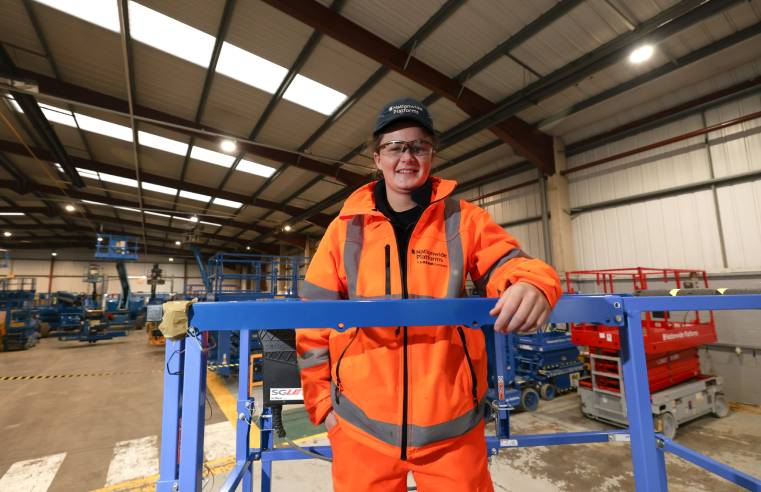GRiD, the industry body for the group risk sector, asked 1,165 UK employees about their health and wellbeing concerns, and found that female employees have more apprehension than their male colleagues.
The survey asked employees to consider six key areas of health and wellbeing and identify whether they were of personal concern to them. The results show that women have more concerns in three areas, one specific area concerned more men than women and they were equal in two areas.
• Stress and anxiety relating to work (such as pressures of overwork, uncertainty of future) concerned 21% of women vs 18% of men.
• Stress and anxiety relating to finances and debt concerned 18% of women vs 14% of men.
• Stress and anxiety relating to living with long-term chronic illness or health conditions (such as diabetes) concerned 14% of women but only 8% of men.
• Men were marginally more concerned than women about stress and anxiety relating to home life (such as caring responsibilities, managing difficult relationships) at 14% vs 12% for women.
• Men and women were equally concerned (12%) about their general lack of fitness caused by a non-active lifestyle.
• But neither were particularly concerned about ill-health related to lifestyle such as obesity, smoking and alcohol dependence (5%).
Katharine Moxham, spokesperson for Group Risk Development (GRiD) said: “I’m sure that these results will surprise some employers and challenge the stereotypes that can be associated with gender in the workplace, for instance with women being more concerned about finances than men, and men more concerned than women about issues relating to home life. With that in mind, it’s hugely important that employers do not make assumptions about the health and wellbeing needs of their workforce on gender, or of course, any other basis.
“Changes in the law and workplace practices, such as shared parental leave, mean that work and home life are becoming much more balanced across both genders, and that needs to be reflected in the employee benefits that are offered to all staff.”
The concerns give a good indication of what support both men and women will value, and employers that offer such support will be ahead of the game. Providing help to alleviate stress from responsibilities at home; financial support; assistance with long-term health conditions - or to improve any area of health and wellbeing - will all be appreciated particularly as businesses adapt to working models which may be very different from pre-Covid 19.
*Research undertaken by Opinium on behalf of GRiD amongst 1,165 employees between 24-28 January 2020,






















